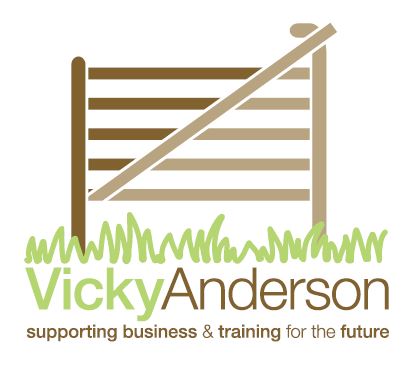Select tab
About
The law requires anyone who supplies game meat to a game dealer to be a ‘trained hunter’.
Taking our Level 2 qualification will demonstrate to game meat dealers or potential employers that you ensure wild game meat is safe to enter the food chain.
The finer details
You’ll recognise the learning and skills which you’ve developed through hunting small and/or large game.
There are two units to complete, one mandatory and a choice of one of two optional units:
Mandatory Unit:
- Common Processes in Game Meat Hygiene.
You’ll know the factors to be considered before applying game meat hygiene including legal, health and safety, the environment, products and equipment.
Optional Units:
- Small Game Meat Hygiene
- Large Game Meat Hygiene.
In both these units you’ll look at signs of abnormality and ill health in small and/or large game and understand hygienic working techniques.
You’ll have theory and practical sessions, with question papers for each unit.
And with our qualification, you can demonstrate you are competent in this area to the satisfaction of the Food Standards Agency (FSA).
Delivery method
QualificationCourse description:
Who should attend?
The Level 2 Award in Wild Game Meat Hygiene is designed for anyone who either already supplies game meat to a game dealer or intends to do so in the future.
However, if you have an interest in working with game meat will find this Qualification useful.
The biggest take up of the qualification is amongst already practising gamekeepers or those who expect to enter this occupation in the future. It may also be appropriate for wildlife managers, rangers and pest controllers.
What will be covered?
Common Process in Game Meat Hygiene:
By the end of the unit you’ll:
- Know the principal legal requirements that control the supply of Wild Game Meat for human consumption
- Know of the risks to human health that can be caused by zoonosis
- Know possible sources of environmental contamination that can affect game meat
- Know the legal requirements and responsibilities associated with the administration of medicines to wild game meat
- Understand legal hygiene requirements and responsibilities
- Understand the legal hygiene requirements that control the design and fabrication of game larders, game transport, tools and equipment
- Identify the legal requirements and responsibilities associated with notifiable diseases
- Understand the principles controlling the management of food safety for wild game meat.
Small Game Meat Hygiene
By the end of this unit you’ll:
- Know the common causes of ill health in small game species
- Know the normal anatomy and physiology of small game and signs that indicate ill health
- Understand how small game carcases can be contaminated
- Understand how the risk to human health can be limited by health and condition recognition
- Know the hygienic working practices that must be followed when working with small game.
Large Game Meat Hygiene
By the end of this unit you’ll:
- Know normal anatomy and physiology for deer species
- Know of common diseases that can cause ill health in deer
- Know of the signs that indicate ill health in large game
- Understand how large game carcases can be contaminated
- Understand how the risk to human health can be limited by health and condition recognition
- Know the hygienic working practices that must be followed when working with large game carcases.
Other areas of interest
Level 2 Certificate in Land-Based Activities.
Level 3 Award in Principles of Developing Environmental and Land-based Products.
Courses
| Date | Location | Provider | |
|---|---|---|---|
| 26/04/2025 | Vicky Anderson Training |
Search for providers near you
If there are no suitable courses listed above, please fill in the details below and this will display a list of other course providers who also deliver this course.



